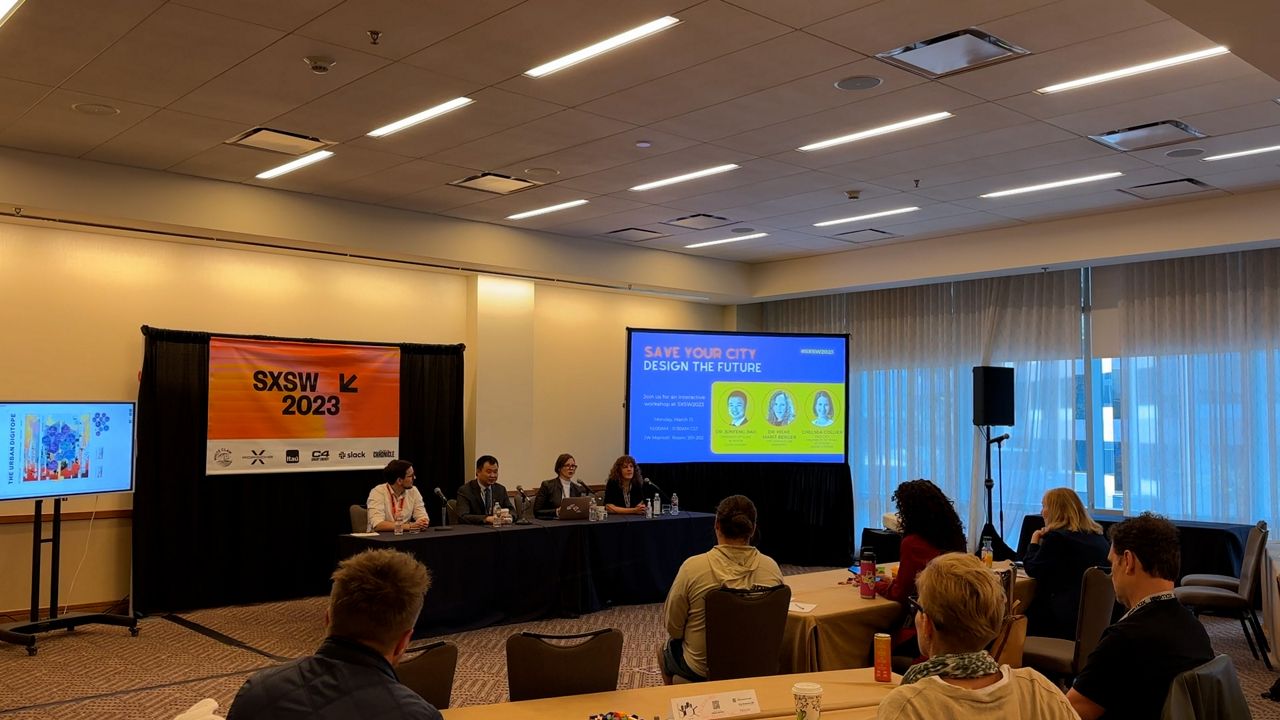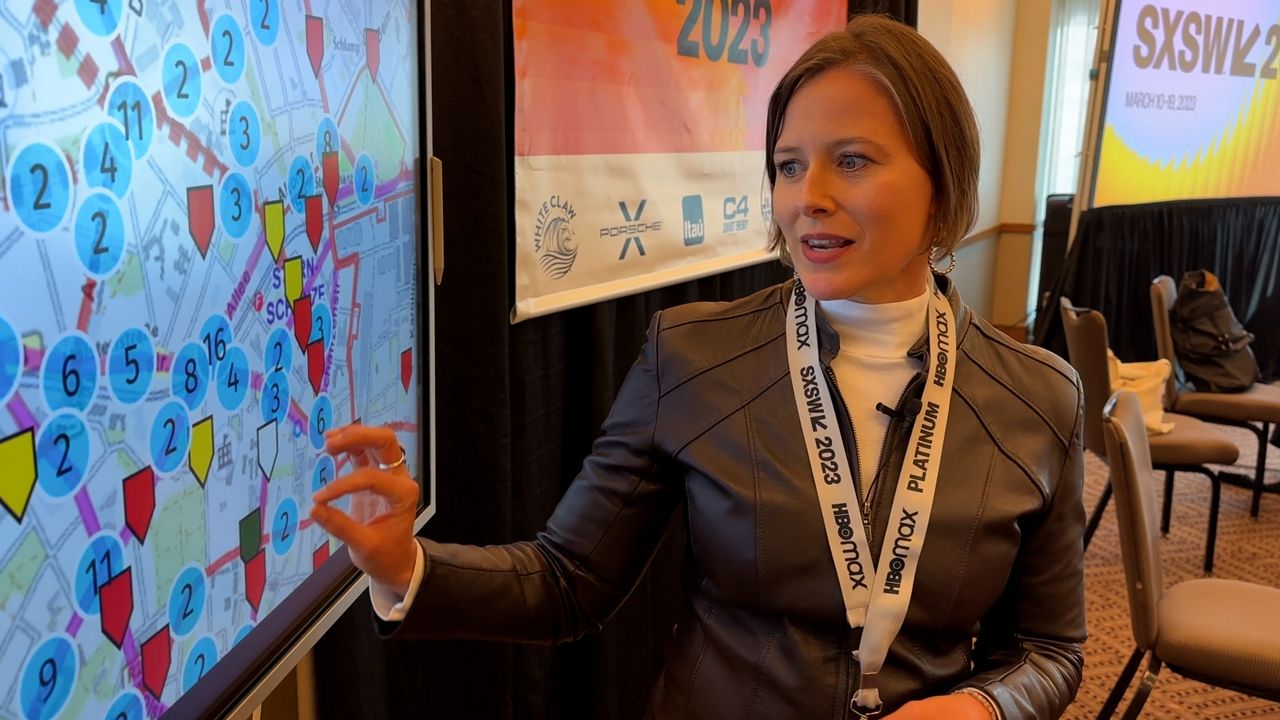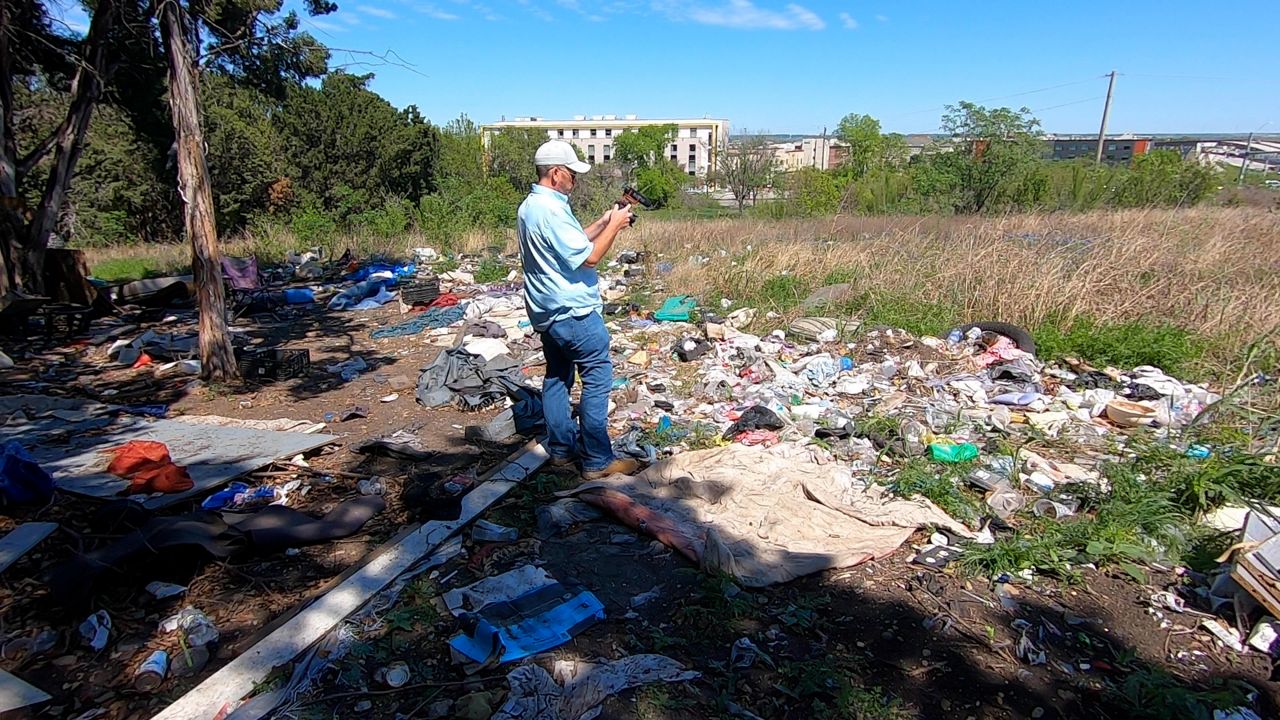AUSTIN, Texas — “This was a homeless camp at one point, and it’s really bad that this is how people are living,” Jamie Hammonds said.
Almost a decade ago, Hammonds himself was experiencing homelessness. Now, the multimedia journalist is trying to shine a light on this growing issue.
“We’re trying to show people that this is happening and the video doesn’t lie,” Hammonds said. “When you see it, it’s shocking and it shocks people into wanting to do something.”

For almost a year, the founder and CEO of Documenting Austin’s Streets and Homeless (DASH) has spent almost the entirety of every week using his grassroots organization to help with outreach and clean-up efforts that he says are sorely lacking in the capital city.
“It’s a lot. I’ve documented almost 168 (camps) in the past eight months,” Hammonds said. “It’s these things and when we see children's toys and stuff like that, it brings it home that it's not just adults. There are children suffering in these conditions.”
While the City of Austin has previously passed camping bans and created city-wide outreach programs, Hammonds says it’s far too small a budget for an undertaking of this size.
“There’s just not enough resources to focus on everything,” Hammonds said.
At SXSW interactive, workshops such as "Save Your City: Design the Future," shared technology between University of Texas-Austin’s Good Systems and HafenCity University’s CityScience Lab in Hamburg, Germany. That technology is providing new solutions.
“In the future, we’re trying to use technology to increase public participation and collectively make better decisions,” UT professor and project co-founder Junfeng Jiao said.

Digi.City founder Chelsea Collier also works in collaboration with these institutions, and she believes that by quantifying the concerns of a community through digital twin technology, artificial intelligence (AI) can help cities across the state find answers to issues like homelessness.
“Starting today, we're going to introduce this to the city of Austin,” Collier said. “We have to come together because we all experience our communities. We take all of this human creative energy and put it into the digital realm so people can see the collective voice of the city and activate it.”

According to the Ending Community Homelessness Coalition (ECHO), there are nearly 4,000 residents living unsheltered nightly in Austin. Hammonds agrees more voices are needed if true progress is to going to be made.
“Obviously what we’re doing isn’t working,” Hammonds said. “We can’t keep going down this path. It takes constituents to push the council members to start making different decisions.”







